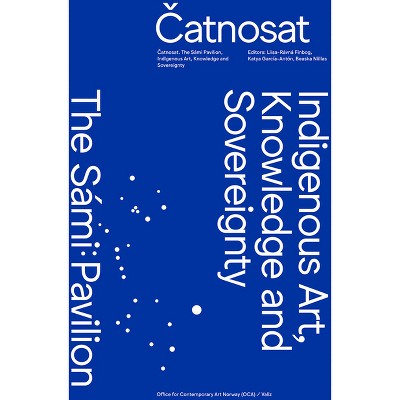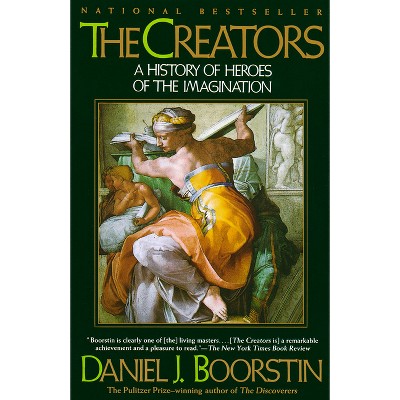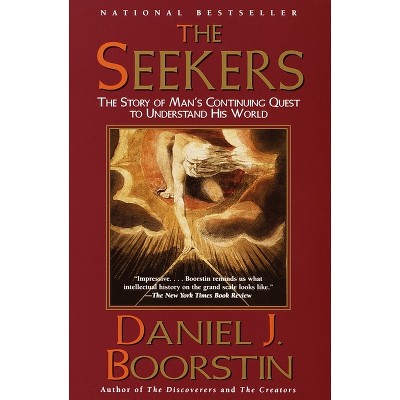Claiming Indigenous Plant Knowledge - by Carey McCormack (Hardcover)

$105.00 when purchased online
Target Online store #3991
About this item
Highlights
- Claiming Indigenous Plant Knowledge: From Botanical Exchanges to Resource Extraction in the Indian Ocean World examines the collection and documentation of the natural world's development over the course of the nineteenth century into a vast network of scientists who attempted to categorize and understand nature, particularly in the botanically rich Indian Ocean.
- About the Author: Carey McCormack is assistant professor of global history at George Mason University, Korea.
- 176 Pages
- History, World
Description
About the Book
This book explores the collection and documentation of the natural world's development over the course of the nineteenth century into a vast network of scientists who attempted to categorize and understand nature, particularly in the botanically rich Indian Ocean.Book Synopsis
Claiming Indigenous Plant Knowledge: From Botanical Exchanges to Resource Extraction in the Indian Ocean World examines the collection and documentation of the natural world's development over the course of the nineteenth century into a vast network of scientists who attempted to categorize and understand nature, particularly in the botanically rich Indian Ocean. But the process of collecting plants and exchanging knowledge about the natural world went far beyond the labor of botanists and naturalists. Naturalists depended on many groups for regional knowledge and local information about the uses, names, and value of plants. Publications and archival materials included local and indigenous knowledge of nature, but as exploration led to colonial expansion and botany became a professional science, local and indigenous knowledge moved to the periphery of botanical writing. Local knowledge never stopped being important, but the act of discovery and the claiming (perhaps even colonization) of botanical knowledge became the limited sphere of professional botanists. Indigenous peoples involved in the early days of collecting never stopped their activities, but professionals failed to acknowledge their labor and expertise. By the end of the century, colonial administrations used botanic information collected by professionals to convert colonies into natural resource extraction zones. This shift disrupted indigenous lifeways in the Indian Ocean World and led to environmental issues facing the region today.About the Author
Carey McCormack is assistant professor of global history at George Mason University, Korea.Dimensions (Overall): 9.1 Inches (H) x 6.1 Inches (W) x .6 Inches (D)
Weight: 1.05 Pounds
Suggested Age: 22 Years and Up
Number of Pages: 176
Genre: History
Sub-Genre: World
Publisher: Lexington Books
Format: Hardcover
Author: Carey McCormack
Language: English
Street Date: November 30, 2024
TCIN: 1004137173
UPC: 9781666946796
Item Number (DPCI): 247-26-0840
Origin: Made in the USA or Imported
Shipping details
Estimated ship dimensions: 0.6 inches length x 6.1 inches width x 9.1 inches height
Estimated ship weight: 1.05 pounds
We regret that this item cannot be shipped to PO Boxes.
This item cannot be shipped to the following locations: American Samoa (see also separate entry under AS), Guam (see also separate entry under GU), Northern Mariana Islands, Puerto Rico (see also separate entry under PR), United States Minor Outlying Islands, Virgin Islands, U.S., APO/FPO
Return details
This item can be returned to any Target store or Target.com.
This item must be returned within 90 days of the date it was purchased in store, shipped, delivered by a Shipt shopper, or made ready for pickup.
See the return policy for complete information.











